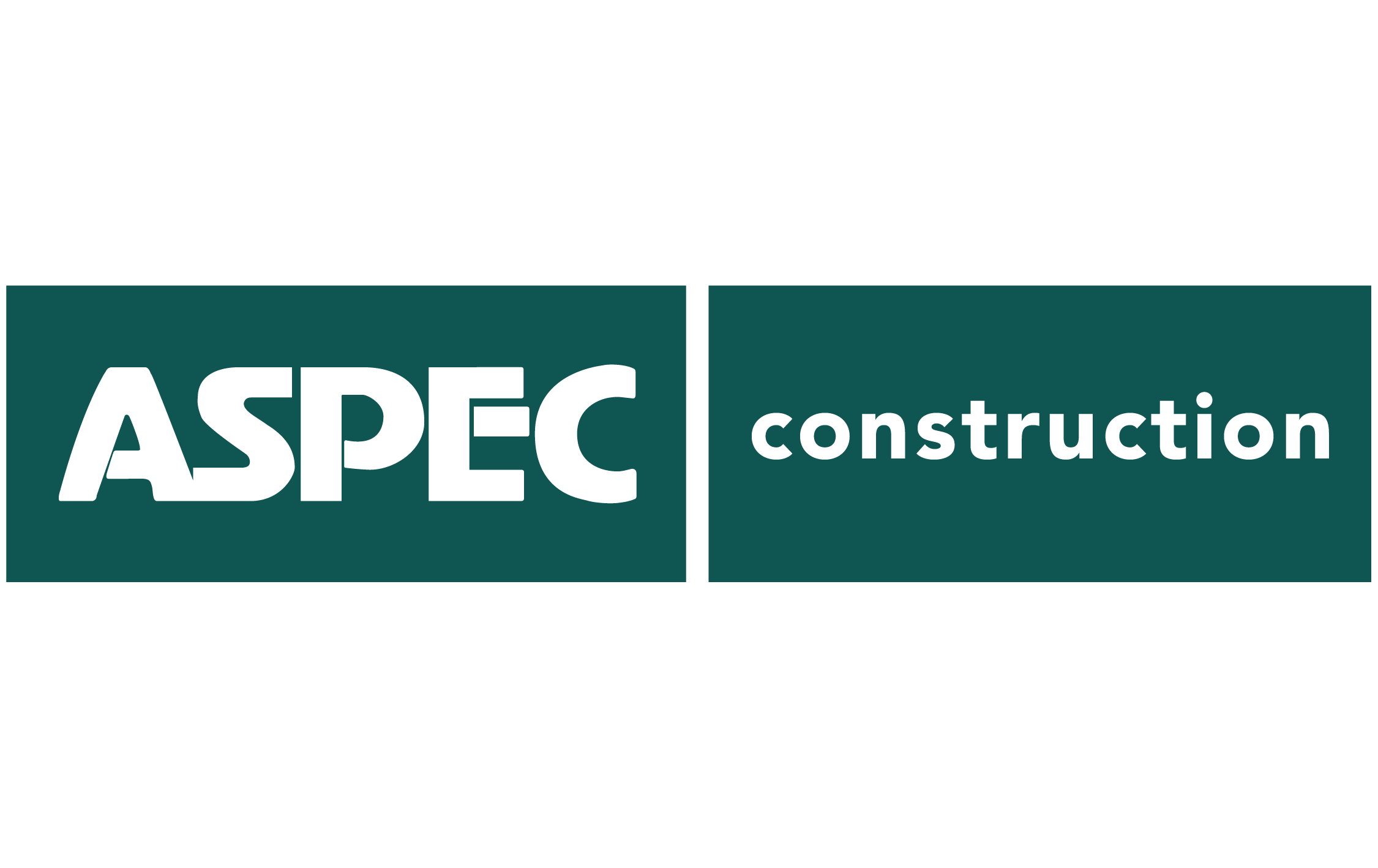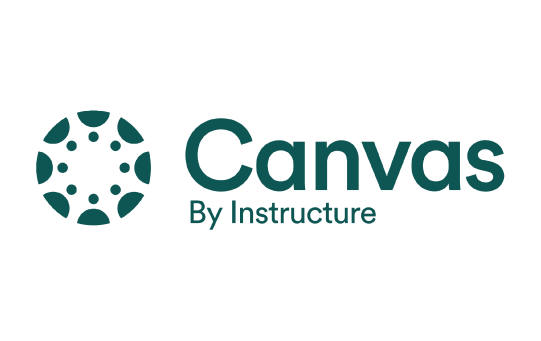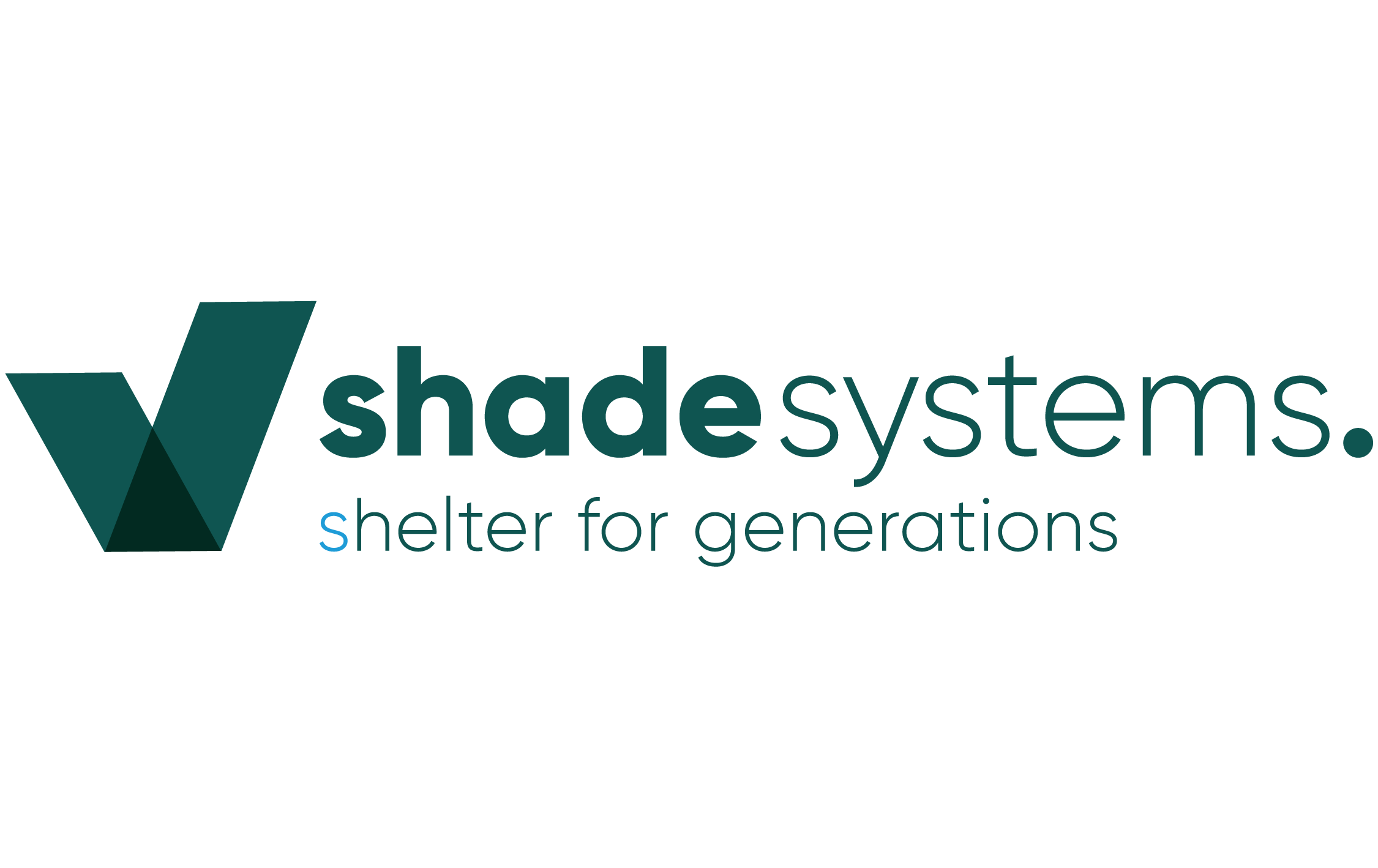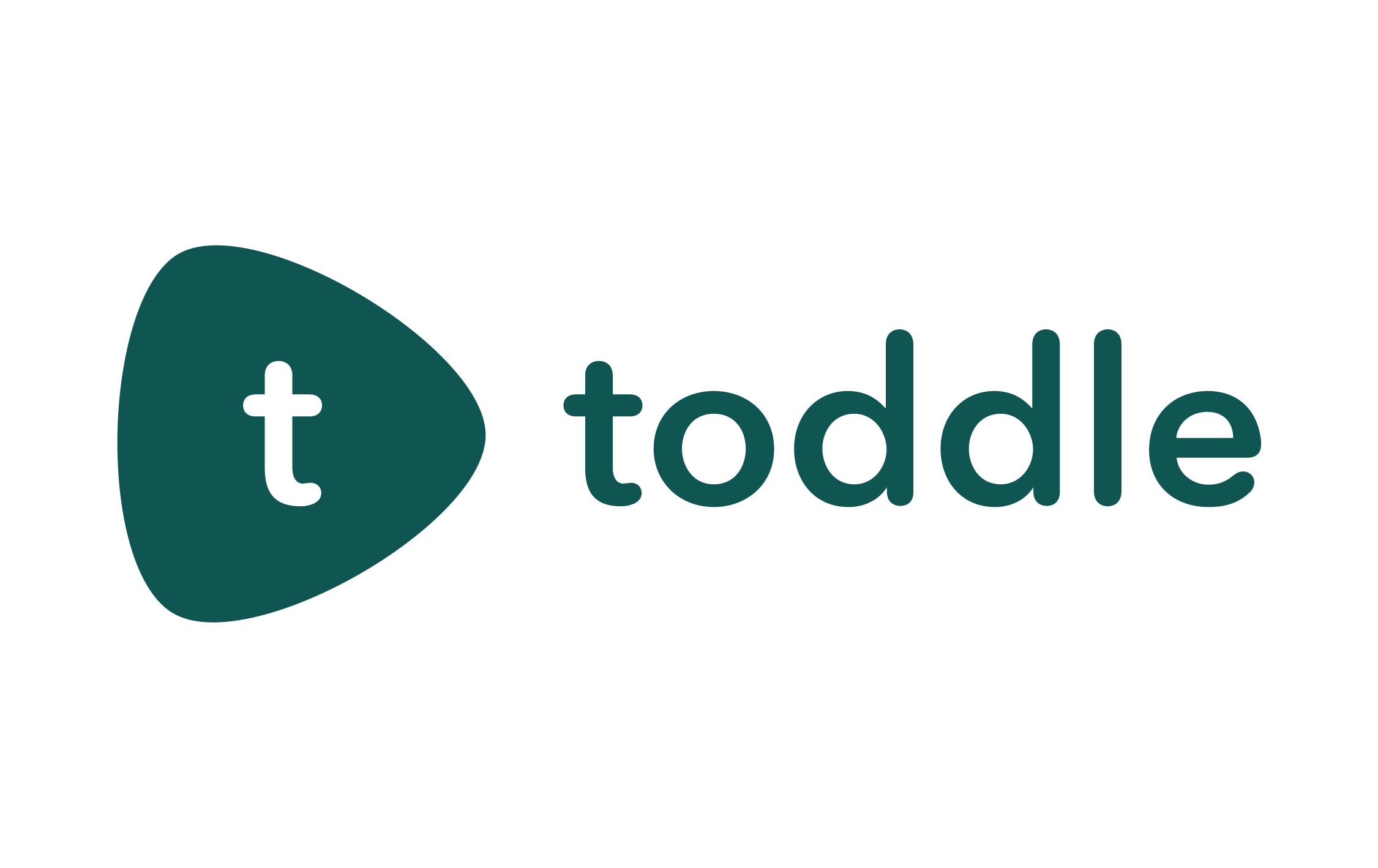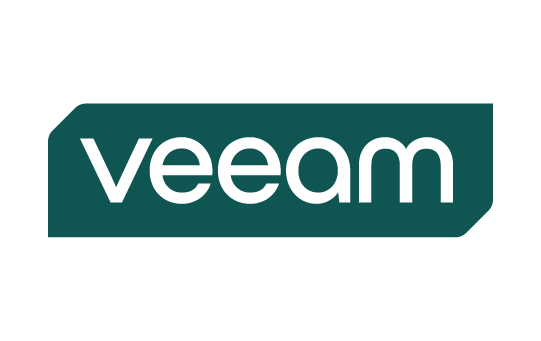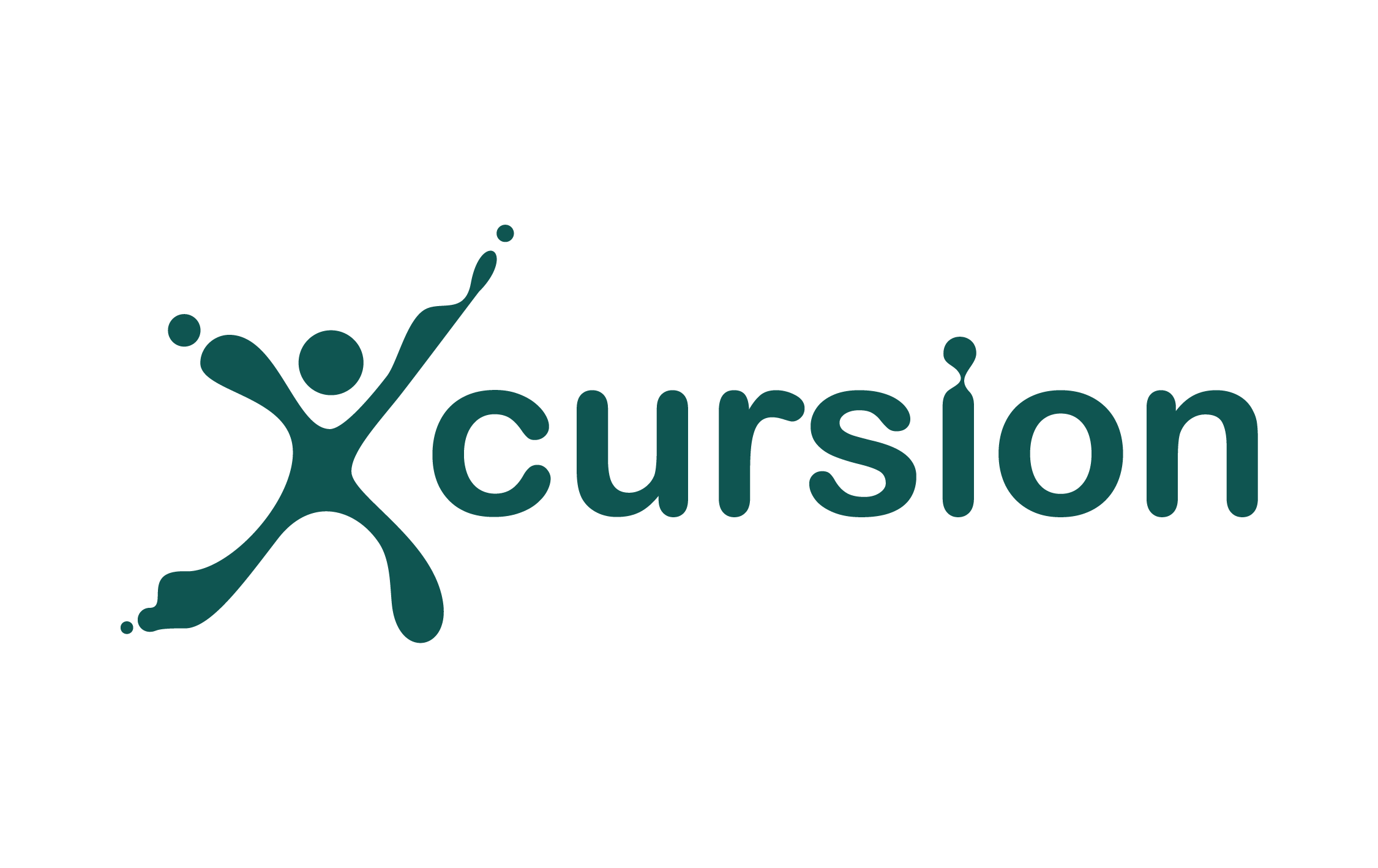Your Portal
Access a dedicated members’ portal designed to support your school's needs, from exclusive resources and tools to interactive forums and discussions.
Join a community committed to advancing independent schooling in New Zealand.


Amplifying the Voice of Independent Schools
We are the national body supporting independent schools to unlock the boundless potential of New Zealand’s youth.
ISNZ embodies a diverse community of independent schools, each with a unique character and educational offering, united in a common goal: to inspire, challenge, and nurture every student.

Whitby Collegiate

Selwyn House Preschool
What is an independent school (and how does it differ from a State, State-integrated or Charter school)?
Independent schools are private entities, each with its unique governance structure, employing their staff under their own contractual terms and setting their own tuition fees. They are not part of the state schools sector.
They are not bound by National Education Guidelines (NEGs) or National Administration Guidelines (NAGs). As such, they have significantly more freedom to operate their schools as they see fit, provided they meet the criteria for registration of private schools as set out in the Education and Training Act 2020.
This allows greater flexibility on matters such as curriculum, resourcing, staffing, facilities, and procurement. Managers of private schools must have regard for the National Education Learning Priorities (NELPs) in the operation of their school and ensure that the school’s principal and staff have regard for the NELP when developing and delivering the curriculum.
People are sometimes confused between independent schools and state-integrated schools. State-integrated schools are former private schools that have become part of the state system, such as Catholic Schools. They are controlled, managed, and operated in all respects as if they were a state school. The key difference is that their buildings and land are owned by a private entity (the ‘proprietor’), and they are allowed to charge attendance dues to support improvements to school buildings or facilities.
Charter schools | kura hourua are another type of state-funded school, providing educators and parents with more choice. Charter schools have a high level of independence around how they teach your child and what they can spend their funding on to educate your child. They are held to targets for achievement and attendance, as agreed in their contracts, and will face interventions if they do not meet these targets. The name kura hourua draws on waka hourua, meaning double-hulled canoe. It signifies the partnership between charter school operators and the government, and between charter schools and their communities. Charter schools can be new, or state and state-integrated schools can convert to become charter schools.
For more information, visit here.
What are the registration requirements for independent school teaching staff?
All teachers at independent schools must be registered with the Teaching Council of Aotearoa New Zealand. The criteria for registration are the same across all state, state-integrated and independent schools.
How diverse are ISNZ member schools?
In 2023, 64% of independent school members were Co-educational, and 28% were single-sex, with 41 different cultural backgrounds represented across ISNZ member schools.
What qualifications can students gain at an independent school?
National Certificate of Educational Achievement (NCEA)
NCEA is the main qualification for secondary school students (Years 11-13) in New Zealand. It is a standards-based assessment that combines both internal and external assessments and is widely recognised by employers. It is used for selection by universities and other tertiary education providers in both New Zealand and overseas.
Cambridge Assessment International Education
The Cambridge Pathway is for students aged 5 to 19. Its wide range of subjects and flexibility gives schools the chance to shape the curriculum so that it is exciting and relevant for their students. Cambridge Pathway students have the chance to acquire the knowledge and skills they need to achieve at school, university and beyond. The four stages lead from primary to secondary and pre-university years. Each stage – Cambridge Primary, Cambridge Lower Secondary, Cambridge Upper Secondary, and Cambridge Advanced – builds on the learners’ development from the previous one, but it can also be offered separately.
Five elements lie at the heart of a Cambridge education:
- International curriculum: Schools develop a curriculum that suits their context, culture and ethos, and that they can tailor to their students’ needs.
- Teaching and learning: Professional development for teachers to help them improve their performance and practice throughout their careers.
- Assessment: Assessment of students’ deep subject knowledge, conceptual understanding, and higher-level thinking skills.
- International recognition: Cambridge qualifications are widely recognised by universities and employers worldwide.
- Global community: Cambridge schools belong to a worldwide education community in which they can share views, information and resources and learn from one another.
International Baccalaureate
International Baccalaureate (IB) programmes aim to develop inquiring, knowledgeable and caring young people who are motivated to succeed and who will build a better world through intercultural understanding and respect.
The IB programme:
- Encourages students of all ages to think critically and challenge assumptions
- develops independently of government and national systems, incorporating quality practice from research and a global community of schools
- Encourages students of all ages to consider both local and global contexts
- Develops multilingual students.
- Students are able to take responsibility for their own learning and understand how knowledge itself is constructed; this is further to the IB’s theory of knowledge (TOK) course.
- Students are encouraged to try different approaches to learning and to take responsibility for their own educational progress.
IB programmes also encourage students to be active in their communities and to take their learning beyond academic study.
For more information, visit the IB site.
In addition to the New Zealand Curriculum, International Baccalaureate and Cambridge, several ISNZ member schools have developed their own bespoke curricula to meet the needs of their communities. Examples include specialised curricula focused on entrepreneurship and leadership, curricula that revolve around an awareness of environmental sustainability, and curricula which is dedicated to serving those with high learning needs. These bespoke curricula are designed to provide a well-rounded educational experience within a specific philosophy.
Membership
Join a vibrant community dedicated to educational excellence.
Membership provides access to a wealth of resources including professional development courses, a comprehensive document library, and networking opportunities.






















